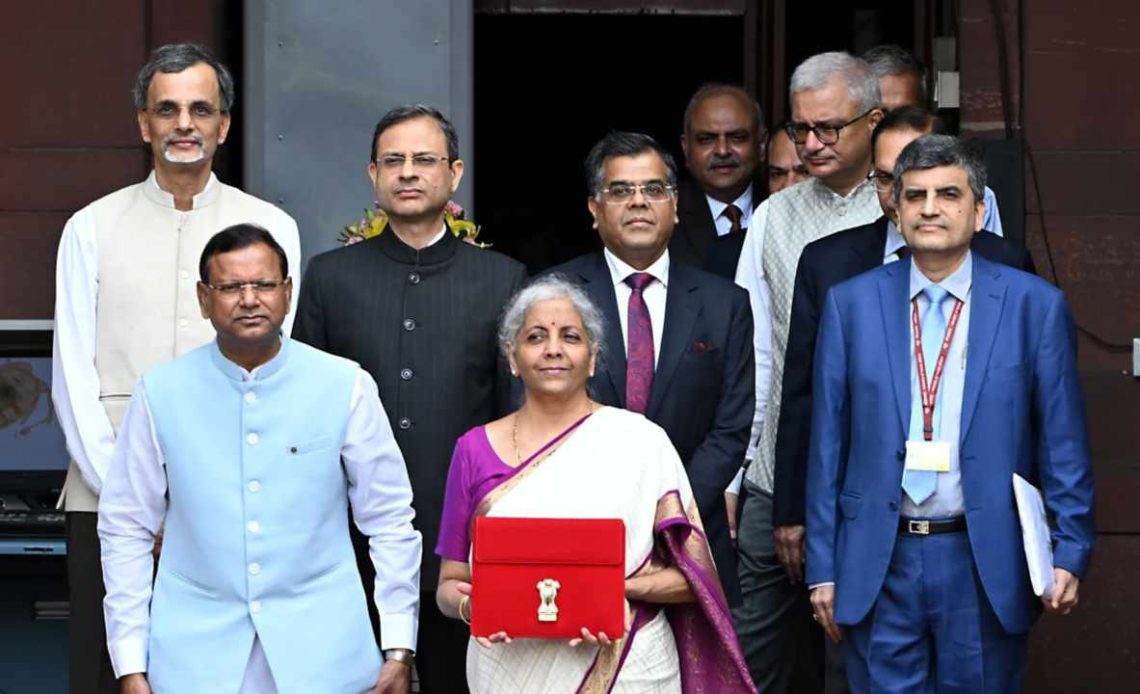
Indian Finance Minister Nirmala Sitharaman’s 2024-25 Union Budget keeps the existing cryptocurrency tax regulations unchanged, disappointing local crypto advocates. They argue that reducing the 1% tax deducted at source (TDS) is essential for reviving the struggling crypto industry in India. Industry leaders emphasize the need for ongoing dialogue with regulators to foster a supportive environment for the Web3 sector.
No Tax Relief for India’s Crypto Industry in New Budget
Indian Finance Minister Nirmala Sitharaman’s 2024-25 Union Budget speech on July 23 upheld the current cryptocurrency tax regulations. However, the Indian government removed the “angel tax” for all classes of investors, a significant win for the startup ecosystem, which had long opposed the tax. This budget was the first since Prime Minister Narendra Modi’s re-election for a third term.
The unchanged crypto tax policy disappointed local crypto advocates who had pushed for reducing the 1% tax deducted at source (TDS), a measure they believe is crucial for reviving the struggling crypto industry in India. Introduced in 2022, the current tax regime includes a 30% flat tax on crypto profits and a 1% TDS on transactions, which industry leaders argue stifles growth.
The CEO of Indian crypto exchange Buyucoin, Shivam Thakral, welcomed the abolition of the angel tax but expressed concerns over the high TDS and capital gains tax on virtual digital assets (VDAs). “India’s startup ecosystem received a big boost in today’s budget as the angel tax is abolished for all classes of investors. This move will be a game-changer for startups planning to raise funds for their expansion as it will give startups more surplus funds to invest in product innovation and technology development to implement their long-term vision for the industry,” he detailed in a statement. However, the executive cautioned:
The high tax on gains from VDAs still stands at 30% which is relatively very high and the users are not allowed to offset losses like stocks. This move will prove to be detrimental for the web3 industry as it deprives the industry from a level playing field.
Dilip Chenoy, Chairperson of Bharat Web3 Association, noted the absence of favorable tax reforms in the budget but remains hopeful for future changes. “We were hoping for some relaxation to the taxation framework on VDAs in this budget, but the absence of any announcement is not particularly disheartening, given the government’s overall negative stance towards the sector,” he described, adding:
We have submitted data-backed quantitative analyses regarding the flight of users’ trading and transactions, as well as the potential increase in government revenue should the taxation structure be revised.
“We will continue to push for rationalization of the taxation framework, which includes reducing the TDS to 0.01%, allowing setoff of losses on VDA transactions and modifying the 30% tax on capital gains. We are hopeful that the government will consider our requests and that we will see changes in the future,” Chenoy continued. “On the positive, abolishing the angel tax for all classes of investors will work towards bolstering the Indian startup ecosystem. We look forward to more Web3 startups setting base in India, given India’s immense Web3 talent and potential.”
Source: Bitcoin



